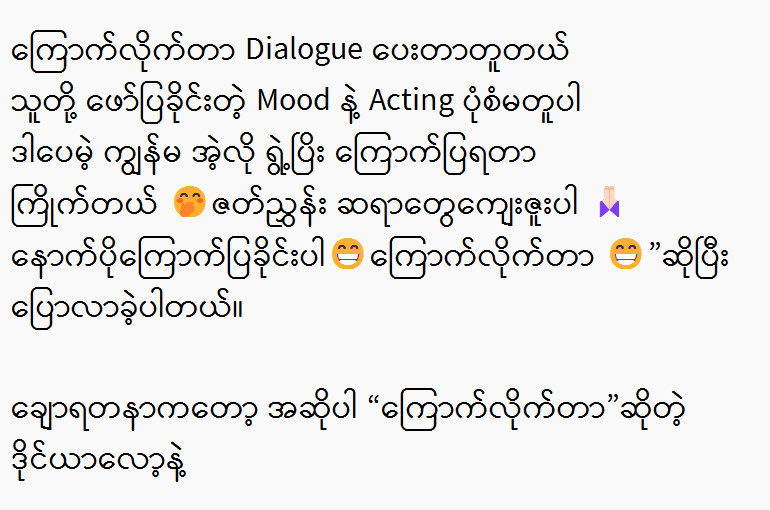







In recent years, digital games have transcended their reputation as mere forms of entertainment and have emerged as powerful tools for positive change. From raising awareness about social issues to supporting charitable causes and fostering education, gaming for good has become a global movement. In this exploration, we’ll delve into the ways digital games are making a positive impact on society, highlighting their role in creating awareness, encouraging empathy, and driving social change.
1. Raising Awareness and Advocacy
Digital games have the unique ability to immerse players in compelling narratives that shed light on important social issues. Games like “This War of Mine” and “Papers, Please” put players in the shoes of individuals facing adversity, fostering empathy and understanding for real-world struggles. By portraying diverse perspectives, these games raise awareness about social injustices, human rights violations, and global crises, encouraging players to become advocates for change.
2. Promoting Health and Wellness
Gamification has been instrumental in promoting health and wellness. Fitness games and apps encourage physical activity, making exercise enjoyable and accessible. Additionally, games are used in therapies for mental health issues such as anxiety and depression, providing a safe and interactive space for individuals to cope with their challenges. These games not only offer therapeutic benefits but also reduce the stigma associated with mental health treatment.
3. Supporting Charitable Causes
Digital gaming communities have come together to support charitable causes through events like gaming marathons and charity streams. Platforms like Twitch enable gamers to fundraise for various organizations, including those focused on healthcare, disaster relief, and education. Gamers engage with their audience, encouraging donations and raising significant funds for nonprofits, demonstrating the generosity and social responsibility of the gaming community.
4. Educational Impact
Educational games have revolutionized learning experiences for students of all ages. Interactive educational software teaches subjects ranging from mathematics to history in engaging and interactive ways, enhancing retention and comprehension. Games encourage problem-solving skills, critical thinking, and creativity, making learning a fun and immersive adventure.
5. Crisis Response and Disaster Management
Digital games have been utilized in disaster management and crisis response scenarios. Simulations help emergency responders and organizations prepare for various situations, from natural disasters to pandemics. These simulations allow professionals to practice their skills, make strategic decisions, and refine crisis response protocols, ultimately saving lives during real emergencies.
6. Community Building and Social Support
Online multiplayer games foster a sense of community and social support. Players from around the world connect and collaborate, forming friendships and support networks. In virtual worlds, individuals facing challenges find solace and understanding, reducing feelings of isolation. Gaming communities provide a safe space for diverse individuals to interact, share experiences, and find belonging.
7. Encouraging Environmental Awareness
Games focused on environmental conservation and climate change raise awareness about pressing ecological issues. Players engage in virtual activities related to wildlife conservation, pollution control, and sustainable practices. These games inspire players to reflect on their real-life impact on the environment, encouraging eco-friendly behaviors and collective efforts toward a greener planet.
Conclusion
Gaming for good exemplifies the transformative power of digital games, showcasing their potential to inspire, educate, and mobilize society for positive change. As the gaming industry continues to innovate, the impact of games on social issues will only grow, emphasizing the importance of harnessing this potential to create a better, more empathetic, and interconnected world. Through gaming, individuals are not just players; they are agents of change, contributing to a more compassionate and understanding society.
